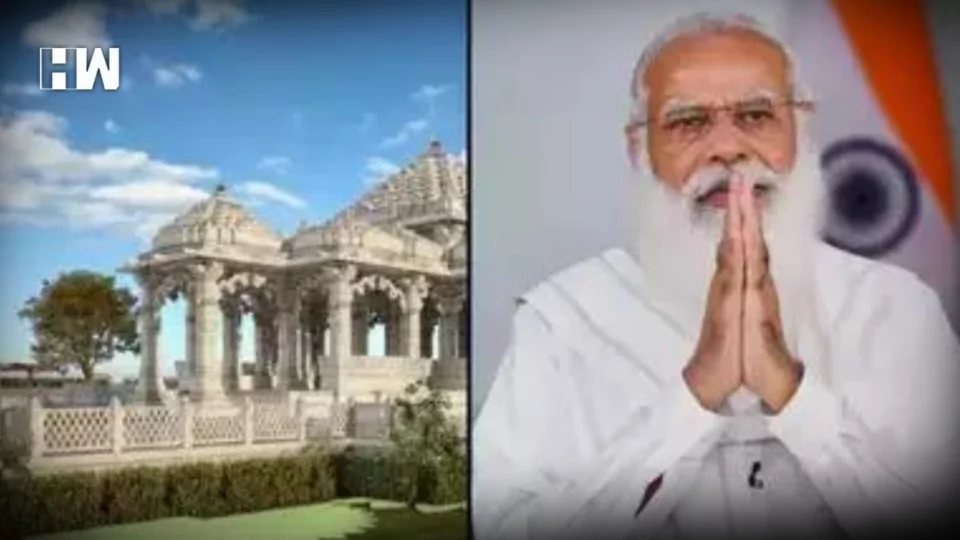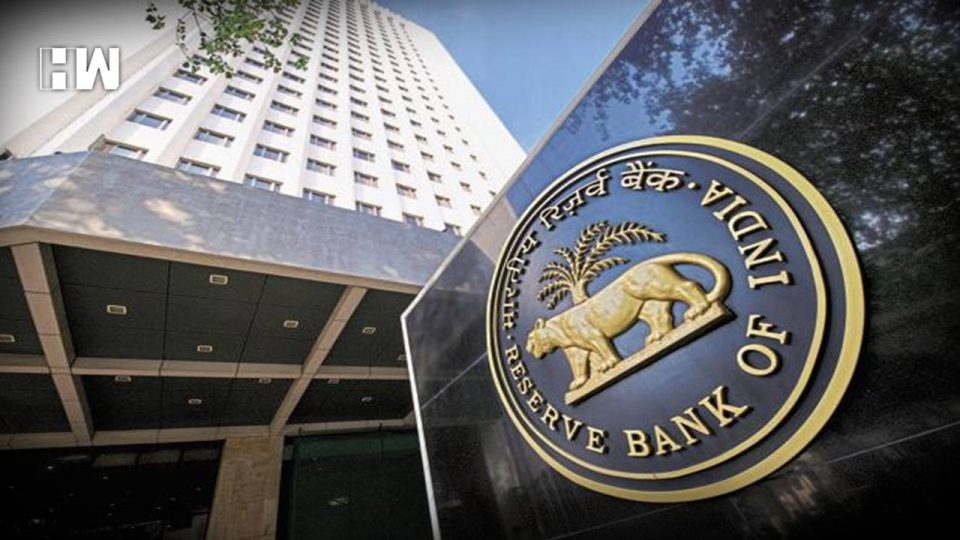Ahemdabad: Prime Minister Narendra Modi will visit the Somnath temple today. Prime Minister Narendra Modi who is in poll-bound Gujarat this weekend is expected to participate in at least eight programmes crisscrossing the state from Saurashtra to Surat.
Prime Minister is also the Chairman of the Somnath trust. After visiting the Somnath Temple, PM is scheduled to address four rallies in the Saurashtra region. Venues have been finalised at Veraval, Dhorarji, Amreli and Botad.
Incidentally, in the last assembly elections, the BJP could not win a single seat in Saurashtra’s constituencies. The BJP won the state polls but couldn’t breach this bastion that has traditionally voted for Congress.
Also Read: UK PM Rishi Sunak announces air defence package for Ukraine on first visit to Kyiv
Meanwhile, on November 21, PM Modi will hold three rallies in Surendranagar, Bharuch and Navsari.
While Bharuch was the constituency of the former Congress tall man Ahmed Patel in the past, the BJP state president CR Patil who hails from Navsari has been winning this Lok Sabha seat with huge margins.
Incidentally, Congress Lok Sabha MP Rahul Gandhi is also expected to visit Navsari on November 21, the same day that PM Modi is expected to be in Navsari.
PM Modi, who hails from Gujarat, is also expected to have a closed-door meeting with the state leaders during his stay here to further boost the party in the western state.
(Except for the headline, this story has not been edited by HW News staff and is published from a syndicated feed.)
As an independent media platform, we do not take advertisements from governments and corporate houses. It is you, our readers, who have supported us on our journey to do honest and unbiased journalism. Please contribute, so that we can continue to do the same in future.


